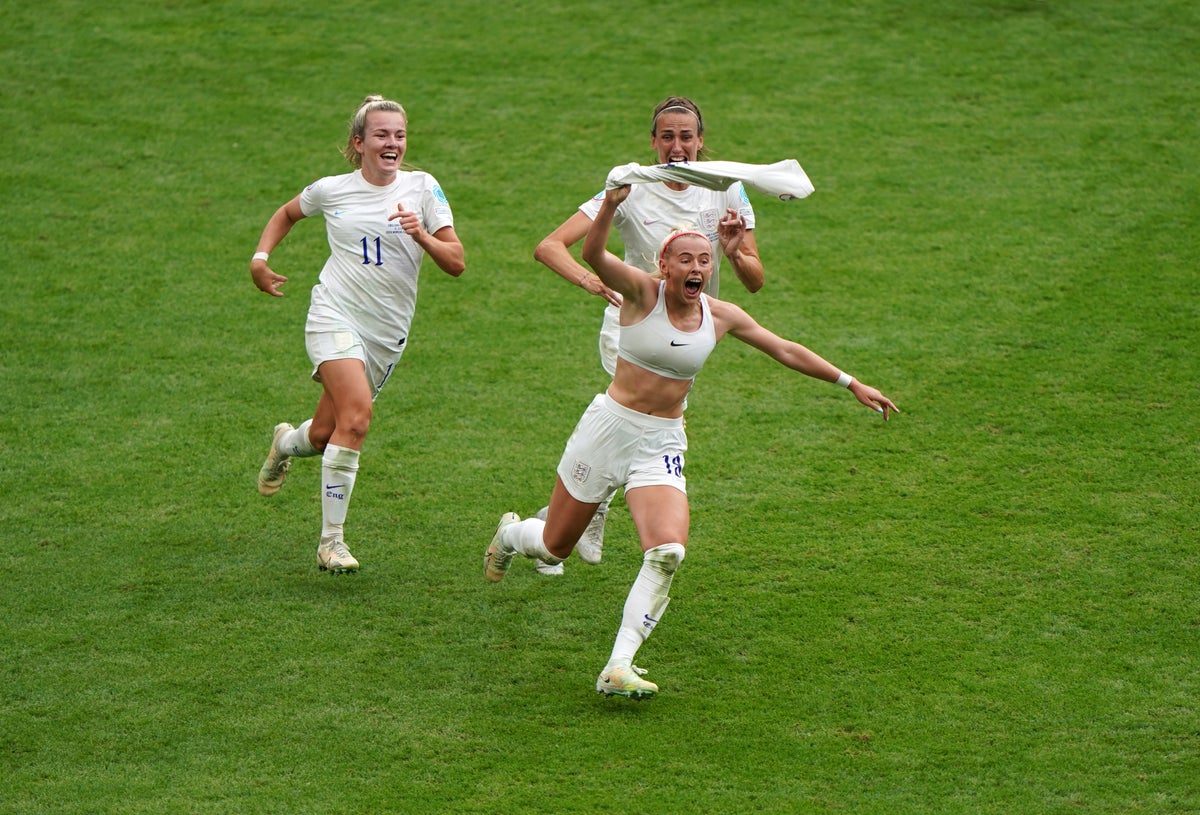The recent Women`s Euro final in Basel, Switzerland, promised a coronation. All eyes were on Spain, the reigning Women`s World Cup champions, expected to effortlessly add another continental title to their burgeoning collection. Their dynamic, possession-based style had captivated audiences, seemingly unstoppable. Yet, as the final whistle blew, it wasn`t the expected red of Spain that celebrated, but the defiant white of England, who secured a dramatic penalty shootout victory. This outcome was more than just a match result; it was a potent declaration: the era of predictability in women`s football is emphatically over.
A Tactical Triumph Over Conventional Wisdom
England`s path to retaining their Euro title was, by any measure, unconventional. Head coach Sarina Wiegman, known for her pragmatic approach, unveiled a tactical blueprint that verged on the audacious. Against a Spanish side revered for its intricate passing and attacking flair, England opted for a gritty, defensive posture, ceding possession and patiently waiting for their moments. This was a stark contrast to their own roster, brimming with dynamic attackers like Alessia Russo and the breakout star Michelle Agyemang, who would later be named the Best Young Player of the tournament.
The Lionesses’ strategy was not glamorous, but it was undeniably effective. Falling behind early, as they had in four of their six Euro matches, seemingly unfazed them. Their equalizer, a testament to Alessia Russo’s relentless effort, followed by Hannah Hampton’s heroic saves in the penalty shootout, underscored a champion`s resolve. In an ironic twist, a team celebrated for its offensive prowess won by sacrificing offense, registering zero shots in 30 minutes of extra time, instead banking on the high-stakes lottery of penalties. Wiegman’s vindication was complete; she had opted for the “ugly” win, and it paid dividends.
Spain`s `One-Note` Symphony Meets its Match
For Spain, the defeat was a harsh lesson. While their ability to dominate possession and craft exquisite attacking sequences remains undeniable, the Euro final exposed a significant tactical vulnerability. Their “one-note” brilliance, while magnificent when conditions favor it, proved susceptible to disruption. England, echoing Germany`s earlier efforts against them, successfully choked Spain`s midfield, forcing longer, less precise passes – a direct assault on their short-passing “bread and butter.”
This isn`t to diminish Spain`s formidable talent; their progression to the final was richly deserved. However, the final underscored that even the most aesthetically pleasing football requires a Plan B. Coach Montse Tome and her squad, while undoubtedly among the world’s elite, now face the strategic imperative of adding layers to their tactical repertoire, ensuring they can adapt when their preferred style is effectively countered.
The Beauty of Imperfection: The tournament`s narrative wasn`t just about a single final. It was a kaleidoscope of surprises: Italy’s unexpected semi-final run, the Netherlands’ surprising group stage exit, and even England’s tactical shift. This “prevailing sense of imperfection” is, paradoxically, what makes the current landscape of women`s football so thrilling. No single team appears unassailable, and weaknesses are often as apparent as strengths, fostering a dynamic and fiercely competitive environment.
Shifting Power Dynamics and the Road to Brazil 2027
The Women`s Euro wasn`t merely a regional tournament; it was a microcosm of the global shift occurring in women`s football. Record attendances and viewership figures confirmed the sport`s undeniable upward trajectory, while on-field, the power dynamics were visibly shifting. Established powerhouses found themselves challenged by tenacious upstarts, creating a wonderfully chaotic and unpredictable competitive landscape.
This unpredictability sets a thrilling stage for the 2027 Women`s World Cup in Brazil. If Spain had cruised to victory, they might have entered as overwhelming favorites. Now, however, the field feels wide open. England, despite their title, join a long list of championship-winning teams with “room for improvement.” The U.S. Women`s National Team is actively ushering in a new generation of talent with Brazil in mind, while the host nation itself aims for a statement-making performance in South America`s inaugural Women`s World Cup.
The pressure is palpable for all contenders. The Euro has reaffirmed that strategic adaptability, mental fortitude, and a touch of tactical bravery are just as crucial as raw talent. Two years after what was arguably the most competitive World Cup in the history of the women’s game, the recent Euro has only amplified this trend. The on-field product is, without a doubt, moving in the right direction – a wonderfully weird, beautifully imperfect, and incredibly exciting direction.

